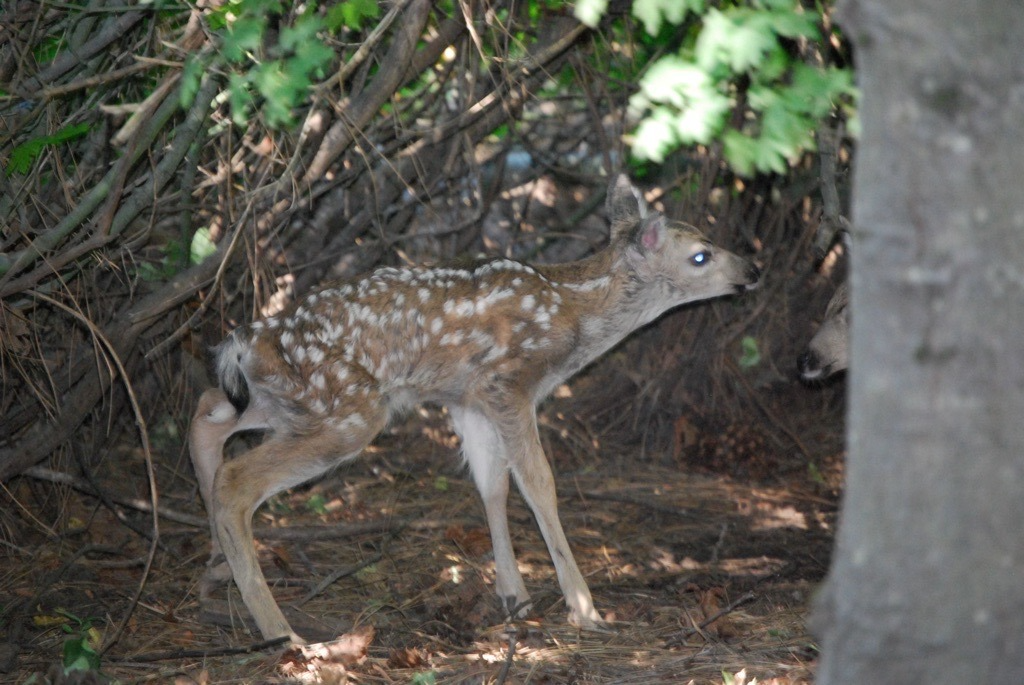Please, please, please do not touch or pick up baby birds, fawns, or other young wildlife.
July 17, 2023 - Yosemite National Park officials announce it’s that time of year, so please heed their advice.
YNP: At this time of year, baby birds, fawns, and other young wildlife can be found on the ground. These animals may appear to be in trouble, but are not orphaned, sick, or injured and should be left alone. Do not move or handle them, as their parents will not be able to find them and care for them.
When birds first leave the nest, they are often not yet able to fly. They will remain on the ground or in low bushes, and the parents will continue to come back and feed them. Leaving a baby bird where you find it is the best way to ensure that it continues to get the care it needs to survive.
Deer fawns are born relatively scentless and are brown with white spots. These characteristics are adaptations that allow the fawn to conceal itself from predators. The mother deer do not always remain close to their fawns, to prevent drawing attention to them, but they will return throughout the day to check on them and to nurse. Even when approached by humans, these fawns will remain still and silent. When people are around, a mother deer may either become aggressive to protect her young or stay away for longer periods, which will prevent the fawn from nursing regularly.
During this vulnerable time in the life cycles of various wildlife species, dogs, cats and people can pose a serious danger. Please help these baby animals survive by keeping pets on a leash and in permitted areas, and leaving the area immediately when you encounter one, so the parents can continue to care for their young safely. Young animals “rescued” and brought to rangers often do not survive because they can no longer be cared for by their parents. If you have concerns about an animal in the park, contact a ranger and describe the situation, but please do not touch the animal, pick it up, or move it!
Source & photo: YNP








